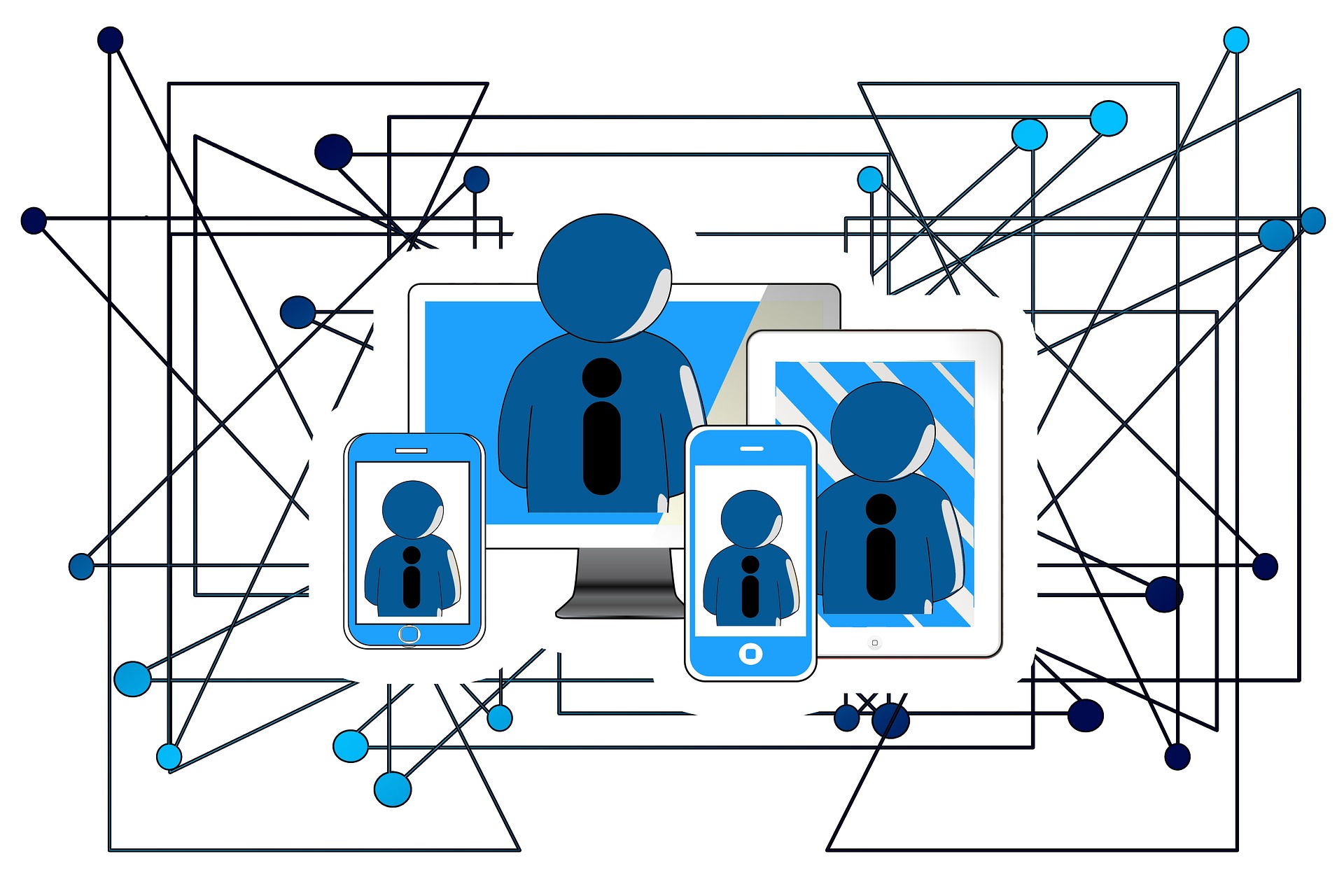Reimagining Socialization: The Rise of Virtual Communities
In the age of digital connectivity, human interaction has evolved in unprecedented ways. A new form of socialization has emerged, facilitated by the rise of virtual communities. These communities, existing entirely online, have become a significant aspect of modern society. They redefine the way we interact, forge relationships, and even perceive our identities. But what are the implications of this phenomenon, and how are they shaping our world? Read below to explore this fascinating subject.

The Genesis of Virtual Communities
To fully appreciate the emergence of virtual communities, it’s essential to understand their roots. The concept of online communities dates back to the 1970s with the invention of Bulletin Board Systems (BBS). These were primitive, text-based platforms where users could share messages and files. Over the years, as technology advanced, so did the complexity and sophistication of these communities. The advent of social media platforms in the 2000s marked a significant shift, providing opportunities for people to connect on a global scale, beyond geographical constraints.
Current Trends and Shifting Landscapes
Today, virtual communities are omnipresent, spanning across social media, gaming platforms, online forums, and more. They have become vital sources of information, support, and social interaction. Research shows that these communities have even influenced our identity formation, as people find solace in online spaces where they can express themselves freely and connect with like-minded individuals.
However, these trends aren’t without their challenges. Issues like cyberbullying, misinformation, and privacy concerns are significant drawbacks that society grapples with.
The Societal Significance of Virtual Communities
Virtual communities are not just changing the way we socialize; they are influencing societal norms and behaviors. They have become platforms for activism, as seen in movements like #BlackLivesMatter, which gained momentum on social media. They also facilitate learning and professional development, with online groups and forums dedicated to various fields of study and work.
Moreover, during the COVID-19 pandemic, virtual communities proved instrumental in maintaining social connections amidst physical distancing measures. They became sources of emotional support, information sharing, and even virtual volunteering.
Research Insights into Virtual Communities
Research into virtual communities offers fascinating insights into their impact. Studies suggest that virtual communities can provide a sense of belonging, especially for individuals who feel marginalized in their physical surroundings. They also highlight the potential of these platforms in fostering cultural exchange and global understanding.
However, the research also underscores the need for moderation and critical thinking in navigating these spaces, given the potential for misinformation and other risks.
The Future of Socialization: A Balance of Real and Virtual
As virtual communities continue to evolve, so does the nature of human interaction. While these spaces offer immense possibilities, it’s essential to strike a balance between our online and offline lives. The future of socialization may lie in a blend of real and virtual, where we leverage the benefits of online communities while staying grounded in our physical realities.
In conclusion, the rise of virtual communities represents a significant shift in our social landscape. As we navigate this new frontier, we must remain vigilant of the drawbacks while harnessing the opportunities it presents. With careful consideration, we can ensure that these platforms serve as positive forces in shaping our societies for the better.




